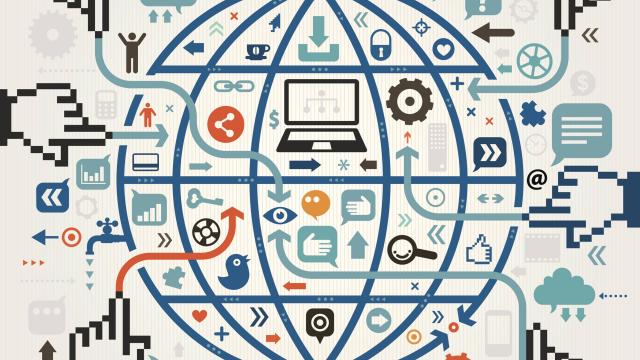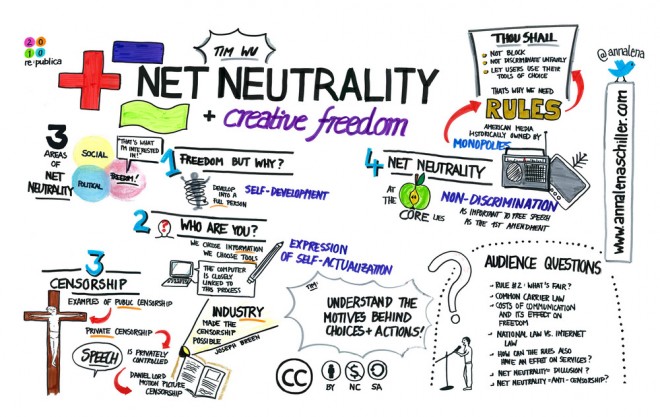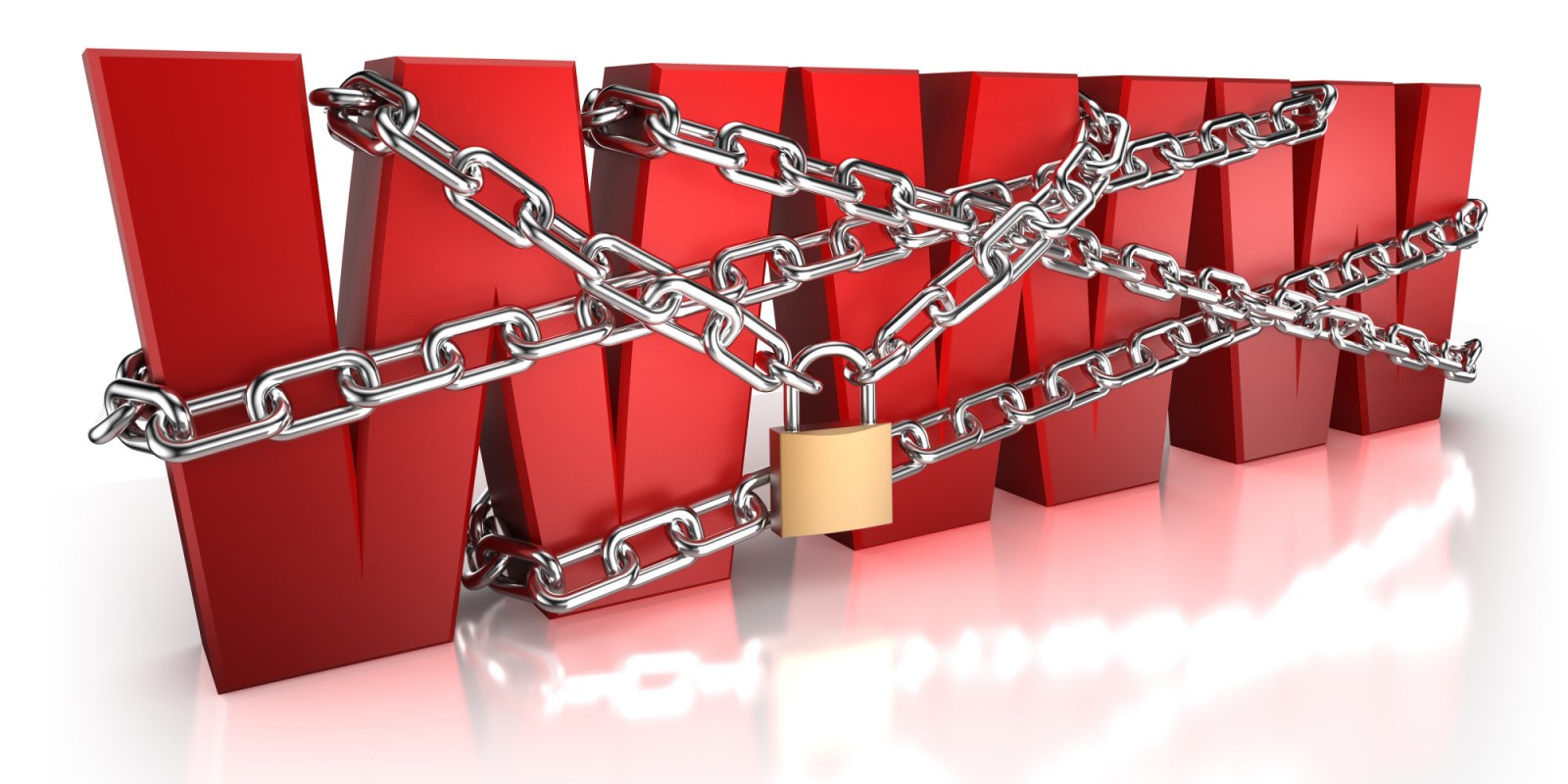
The Internet has become vital to activism and democracy. Without the Internet we likely would not have had the Arab Spring and certainly not Occupy Wall Street. It is the tool of the 99% that enables us to stand on the same playing field as the 1%.
And now we may be seeing the last free days of the Internet as we know it.
Net neutrality was, until last Tuesday, a set of rules that forbid Internet service providers from prioritizing traffic or blocking lawful content, forcing them to remain transparent – to a degree – to their customers. But because of an appealed federal court decision, the Federal Communications Commission (FCC) rules were suddenly overturned.
Telecom companies like Verizon will now have the power to slow down service or block websites and information that do not conform to their financial goals. Add in NSA surveillance and online international censorship pacts such as the Trans-Pacific Partnership, and things get even more terrifying for those who view the Internet as a crucial piece of our democracy.
According to Josh Levy of the Free Press, changes to the Internet could already be happening now. But “the likely scenario is that they'll happen so slowly that we won't even notice them at first," said Levy.
"Some videos will load just a little more slowly, or a few sites will be curiously hard to reach. But soon after that, we'll hear about nefarious deals struck between ISPs and content providers like Netflix, deals that would enable some content to reach people faster, possibly for a fee. Smaller businesses, nonprofits and activists will be unable to pony up the costs necessarily for such deals, and thus will lose the ability to reach people.“
So what, specifically, does this mean for activists? A lot, said Levy.
“When so many of us depend on equal access to the Internet to get the word out — and when companies Verizon and Comcast often lie on the opposite of core issues — this is a frightening possibility," he said. "This is why net neutrality is essential for the exercise of free speech online: if everyone's access to the open Internet isn't guaranteed, freedom of speech can't be guaranteed, either.“
A simple solution to the problem, according to Levy and others, is for the FCC to reclassify broadband services as telecommunications services under Title II of the Communications Act. This would provide Internet users with better protections and help make them immune to legal challenges.
However, the FCC chairs have been, at best, non-committal about net neutrality. There are also some who worry that the FCC may actually have become too powerful through last week's federal court decision.
Whatever your stance is on government regulation, the prospect that a tool as powerful as the Internet will now fall, by legal means, into the hands of a few corporations or federal agencies means the only ones who lose are us: the 99%.
The conflict isn’t about having to pay money to watch YouTube videos. It is about corporations deciding which websites live and which ones die, destroying any chance of a level communication playing field. Although it could take some time before Internet users notice the changes, as Levy said, the ultimate impact reaches far beyond hacker and geek circles.
Specifically, it will include those involved in journalism and/or activism outside the mainstream – and all the rest of us who rely on those journalists and activists to get us the alternative information we need.
“In the end, Internet freedom is about our rights to connect and communicate online without corporations or government agencies getting in the way,” added Levy. “That means the right to communicate in private, the right to freely access information online, and the right to share information without being treated like a criminal.”
Follow the author @kevinlwriter
3 WAYS TO SHOW YOUR SUPPORT
- Log in to post comments













